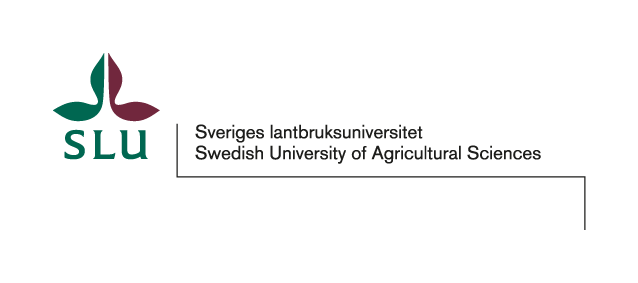
The Swedish University of Agricultural Sciences, or Swedish Agricultural University (SLU) is a public research university in Sweden
The Latest Bing News on:
Swedish University of Agricultural Sciences Research
- Biological and Agricultural Engineering Student Places First in Poster Competition
Pouya Sohrabipour, a biological and agricultural engineering master's degree student, was awarded first place in a U.S. Department of Agriculture-funded research poster competition earlier this month.
- Swedish research project makes several advancements toward the autonomous airport of the future
A three-year research project at Mid Sweden University has made several advancements in creating the airport of the future with safe and cost-effective solutions, including autonomous measurements of ...
- College of Food, Agricultural, and Environmental Sciences
Agricultural and Environmental Sciences Provides discretionary monies for activities such as outreach, alumni relations, students' co-curricular activities and undergraduate research. Discretionary ...
- College of Agriculture, Life Sciences, and Natural Resources
The University of Wyoming's College of Agriculture, Life Sciences, and Natural Resources is a beacon of academic excellence in agricultural and natural ... With renowned faculty guiding cutting-edge ...
- Agricultural Sciences
Our primary research areas include agrotechnology, plant production sciences, animal science as well as environmental soil science. We are responsible for university-level bachelor’s and master’s ...
The Latest Bing News on:
Swedish University of Agricultural Sciences Discovery
- U.Va. opens School of Data Science building
Billed as a “school without walls,” the University of Virginia’s School of Data Science officially inaugurated its first dedicated academic building Friday, five years after the school started. “I ...
- Women in AI: Allison Cohen on building responsible AI projects
To give AI-focused women academics and others their well-deserved — and overdue — time in the spotlight, TechCrunch is launching a series of interviews focusing on remarkable women who’ve contributed ...



